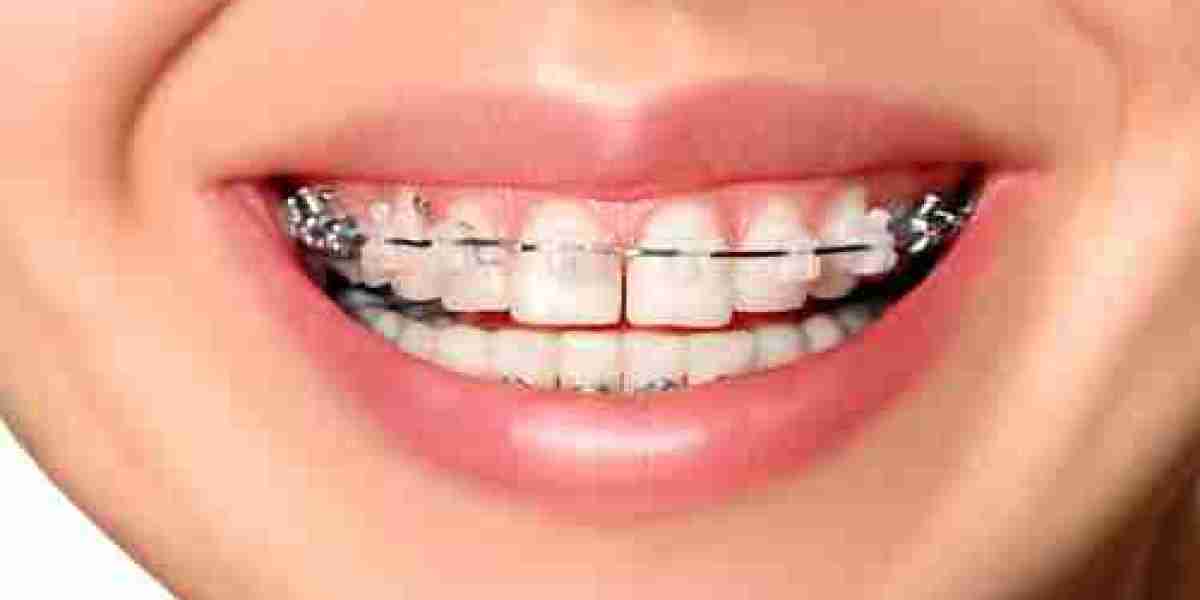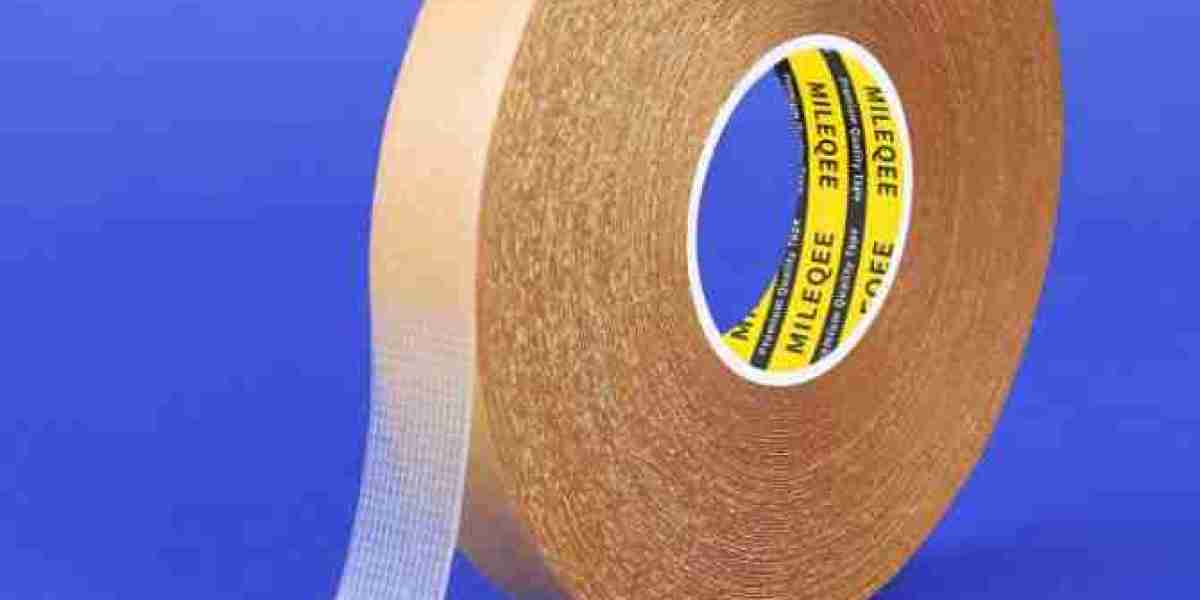If you're new to orthodontic treatment, you may be wondering, “How to handle braces discomfort at home?” Dental Braces are incredibly effective at aligning teeth, but they can also cause some soreness, especially after adjustments. Fortunately, there are several proven ways to ease the pain and adapt to your new routine. By taking simple steps at home, you can minimize irritation and keep your treatment journey comfortable and manageable.
Understanding Why Braces Cause Discomfort:
Braces work by applying pressure to shift your teeth gradually into better alignment. This pressure naturally leads to discomfort, especially during the first few days or after tightening sessions. Common causes of discomfort include:
Tension from brackets and wires pressing against teeth
Irritation of the cheeks and lips from metal edges
Tenderness from shifting teeth, especially after adjustments
Tight elastics or springs creating additional force
Knowing the source of your discomfort can help you choose the best solution.
Effective Pain Relief Techniques at Home:
You don’t have to suffer through braces soreness. Many home remedies are simple yet highly effective in providing relief. Here are some tried-and-true methods:
Use over-the-counter pain relievers like ibuprofen or acetaminophen, especially before or after adjustment appointments
Apply orthodontic wax on brackets or wires that irritate your cheeks or gums
Rinse with warm salt water (1 tsp of salt in a glass of warm water) to reduce inflammation and promote healing
Cold compresses or ice packs applied to the outside of the mouth can reduce swelling and numb pain
Eat soft foods such as soups, mashed potatoes, yogurt, and smoothies to avoid aggravating sore spots
Foods to Eat and Avoid During Sore Periods:
What you eat during braces discomfort can significantly affect your recovery. Choosing the right foods minimizes additional pressure and helps your mouth heal faster. Opt for:
Soft fruits like bananas or ripe melons
Cooked vegetables that are tender and easy to chew
Blended soups that are warm and comforting
Pasta and rice that require minimal chewing
Protein shakes or meal replacement drinks to stay nourished
Avoid these foods when your mouth is sore:Hard items like nuts, raw carrots, or ice
Sticky candies such as taffy or caramel
Crunchy snacks including chips or popcorn
Tough meats that are hard to chew or tear
Managing Irritation from Braces Components:
One of the most common types of braces discomfort is irritation caused by brackets or wires rubbing against the inside of your mouth. You can reduce this friction with a few simple tricks:
Dry the area with a tissue, then place a small ball of orthodontic wax on the bracket or wire
Use a silicone mouth guard at night if you grind your teeth or clench during sleep
Trim long wires at home with nail clippers in an emergency—only if you can't reach your orthodontist and the wire is poking your cheek
Use topical numbing gels (like benzocaine) for temporary pain relief on sores or irritated tissue
Stay hydrated to avoid dry mouth, which makes irritation worse
Long-Term Tips for Adapting to Braces Comfortably:
Once you get past the initial soreness, Dental Braces Treatment become more manageable. Adopting healthy habits will help you stay ahead of future discomfort. Consider these tips:
Practice good oral hygiene to avoid gum disease and additional pain
Attend all scheduled orthodontic visits to keep your treatment on track and catch issues early
Follow your orthodontist’s care instructions including use of rubber bands, retainers, or other appliances
Keep dental supplies handy like wax, pain relievers, and a soft toothbrush
Be patient—your mouth will adapt and the pain will decrease over time
Final Thoughts on Handling Braces Discomfort at Home:
Learning how to handle braces discomfort at home can make your orthodontic experience much more bearable. From pain relief strategies and food choices to managing irritation and maintaining hygiene, the right habits can reduce soreness and help you feel in control. Remember, discomfort is temporary, but the results—a straight, confident smile—are permanent. If pain ever feels severe or doesn’t subside, don’t hesitate to contact your orthodontist for personalized advice




